Miguel Ángel Rodríguez analyzes the decline of democracy in Latin America
Former President Miguel Ángel Rodríguez visits the School of Catholic Leaders in Valparaíso
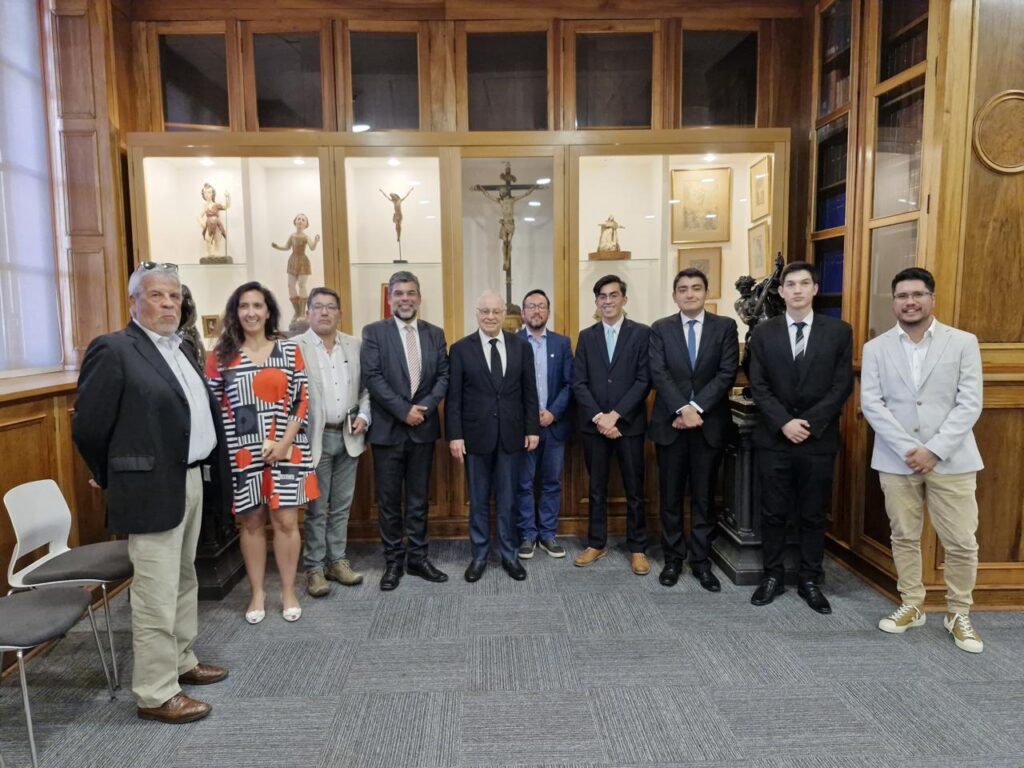
On November 15 and 16, the city of Valparaíso was the scene of a significant visit by the former president of Costa Rica and vice president of the International Academy of Catholic Leaders, Miguel Ángel Rodríguez. This event is part of the School of Catholic Leaders in Valparaíso, an initiative carried out in collaboration between the International Academy of Catholic Leaders, the Pontifical Catholic University of Valparaíso (PUCV) and the Diocese of Valparaíso.
On the first day of the visit, former President Rodríguez held a meeting with young Chilean politicians of diverse sensibilities, where he took the opportunity to leave a powerful message. “It is worth participating in politics. It is a very effective way of helping others; when we help others, we are happy ourselves. And politics magnifies our action,” said the former president. He stressed that politics is a way to create a positive impact in the community, emphasizing that “politics is true social friendship.”
On November 16, former President Rodríguez gave a master class at the School of Catholic Leaders, aimed at students and interested public. The topic of his presentation focused on the decline of democracy in Latin America in the 21st century and included the special participation of the Costa Rican ambassador to Chile, Mrs. Adriana Murillo, along with other PUCV authorities. The class was moderated by Professor Juan Pablo Faúndez, director of the International Chair of Social Doctrine of the Church at PUCV and president of the International Academic Council of the International Academy of Catholic Leaders.
The event began punctually at 12:15 in the afternoon, with opening remarks by Juan Pablo Faúndez, who thanked former President Rodríguez for his presence and highlighted the importance of dialoguing with young people interested in public service and the political transformation of Chile.
In his presentation, former President Rodríguez reflected on democracy, highlighting the essential elements it must have to function properly. “We have to have an adequate electoral system that allows the majority will to be expressed. We must also have a rule of law that regulates the different rights, and a democratic culture, a society that is willing to defend democracy,” he said.
The former president also took advantage of the occasion to address the issue of migration, a key issue in Latin America. “The influence of the media and the ease of transportation have made migratory movements much stronger, which provokes reactions in the communities,” he reflected.
Another relevant issue he addressed was economic inequality and the low growth in Latin America, factors that he considered part of the democratic disenchantment. “We are the most unequal region in the world, we continue to suffer from unacceptable levels of poverty, and the economic projections are not encouraging,” said the former president.
Finally, former president Rodríguez quoted Pope Francis and his encyclical Fratelli tutti, highlighting the importance of institutions in the exercise of love and service to others. “It is not just about helping directly, but about using institutions to do the common good,” he concluded.
The event ended with an official photo of the participants with former president Rodríguez.
 Juan Pablo Faúndez, director of the School of Catholic Leaders of Valparaíso, expressed his satisfaction with the visit: “We are very happy for the presence of Mr. Miguel Ángel Rodríguez, former president of Costa Rica. This conference on the decline of democracy in Latin America has been an invaluable opportunity for us. His wisdom and human quality have surprised us all.”
Juan Pablo Faúndez, director of the School of Catholic Leaders of Valparaíso, expressed his satisfaction with the visit: “We are very happy for the presence of Mr. Miguel Ángel Rodríguez, former president of Costa Rica. This conference on the decline of democracy in Latin America has been an invaluable opportunity for us. His wisdom and human quality have surprised us all.”
The Costa Rican ambassador to Chile, Adriana Murillo, also highlighted the importance of the conference: “It is an honor to accompany young leaders in this space of dialogue on democracy, a fundamental value for Costa Rica. For young people, it is a great experience to meet those who have held leadership positions in our region.”
The School of Catholic Leaders of Valparaíso is part of the International Academy of Catholic Leaders, an international training center present in 40 dioceses in 15 countries in America, Spain and recently opened in Africa.
Related
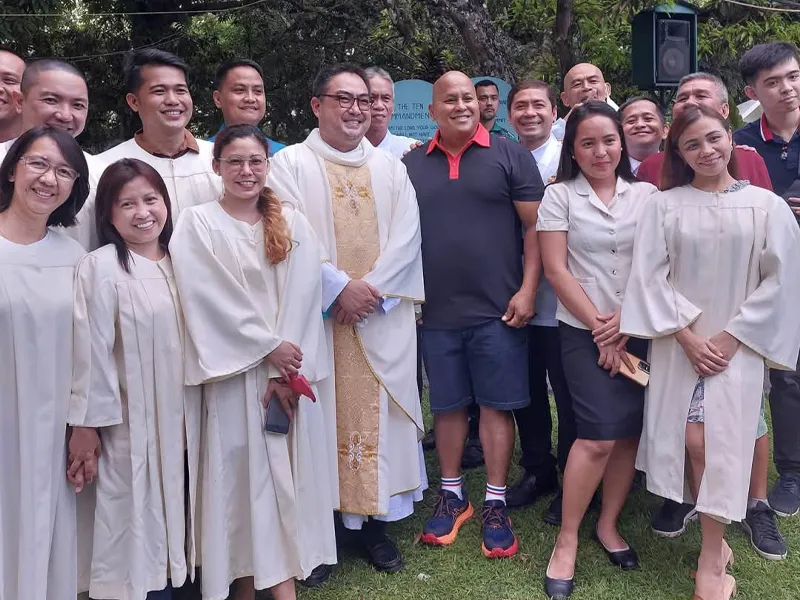
“The priest finds his reason for being in the Eucharist”
Fundación CARF
01 April, 2025
5 min
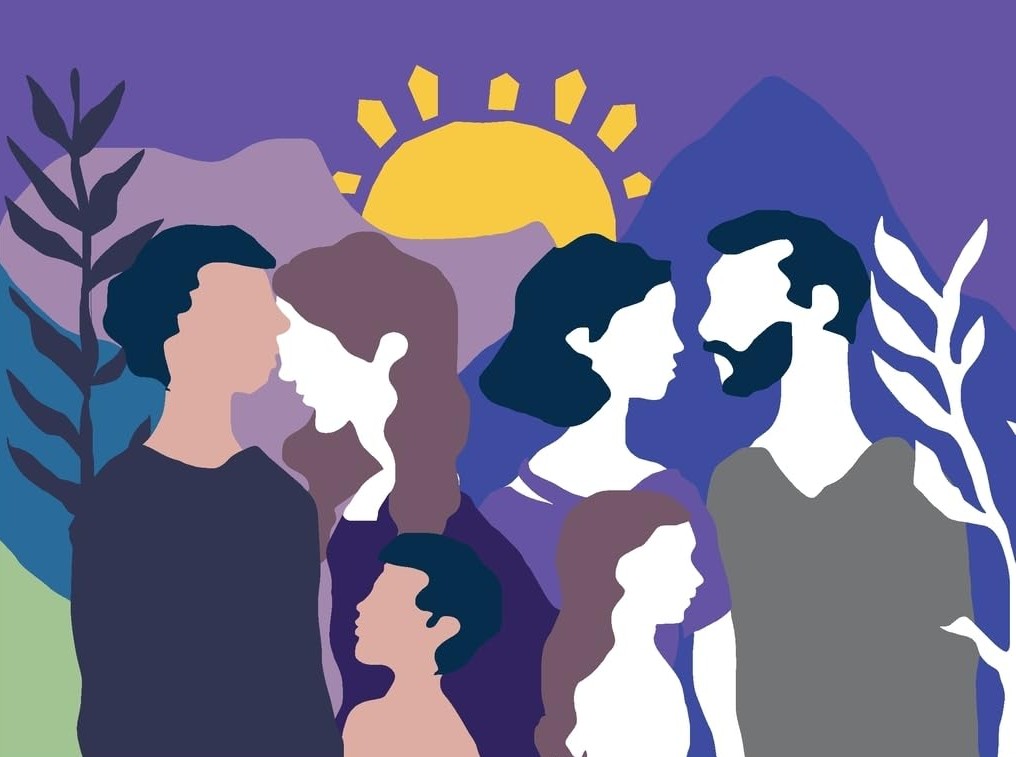
Family Valued: An international appeal for the family
Exaudi Staff
01 April, 2025
2 min
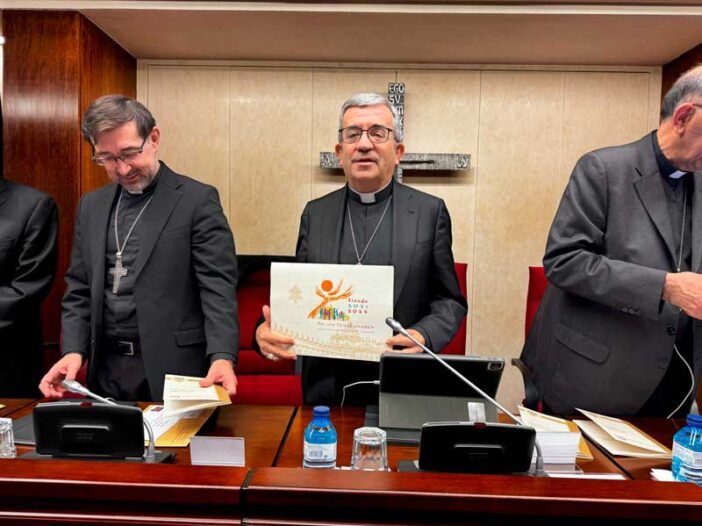
Bishop Luis Argüello Addresses the Challenges of the Church in Spain
Exaudi Staff
01 April, 2025
2 min
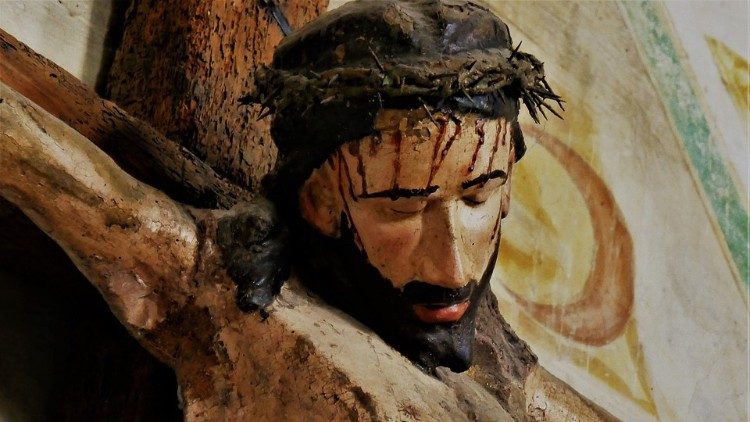
THE WAY OF THE CROSS: Accompanying Jesus on the way to the Cross
Luis Herrera Campo
31 March, 2025
5 min
 (EN)
(EN)
 (ES)
(ES)
 (IT)
(IT)

